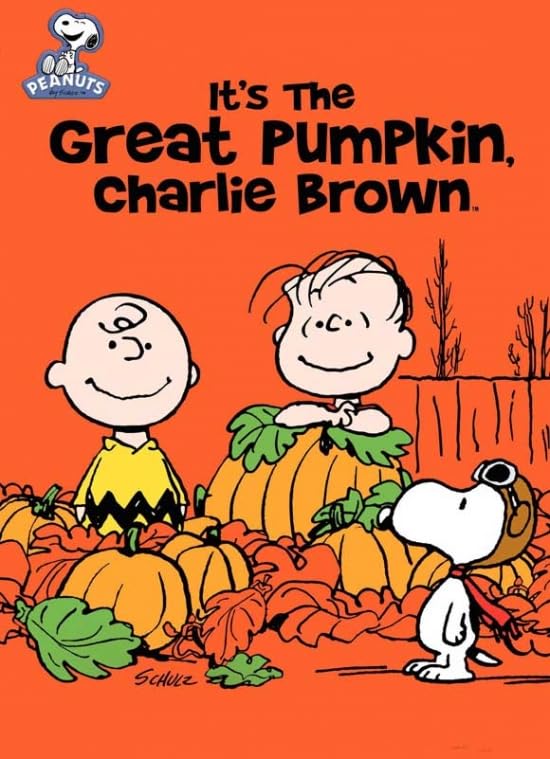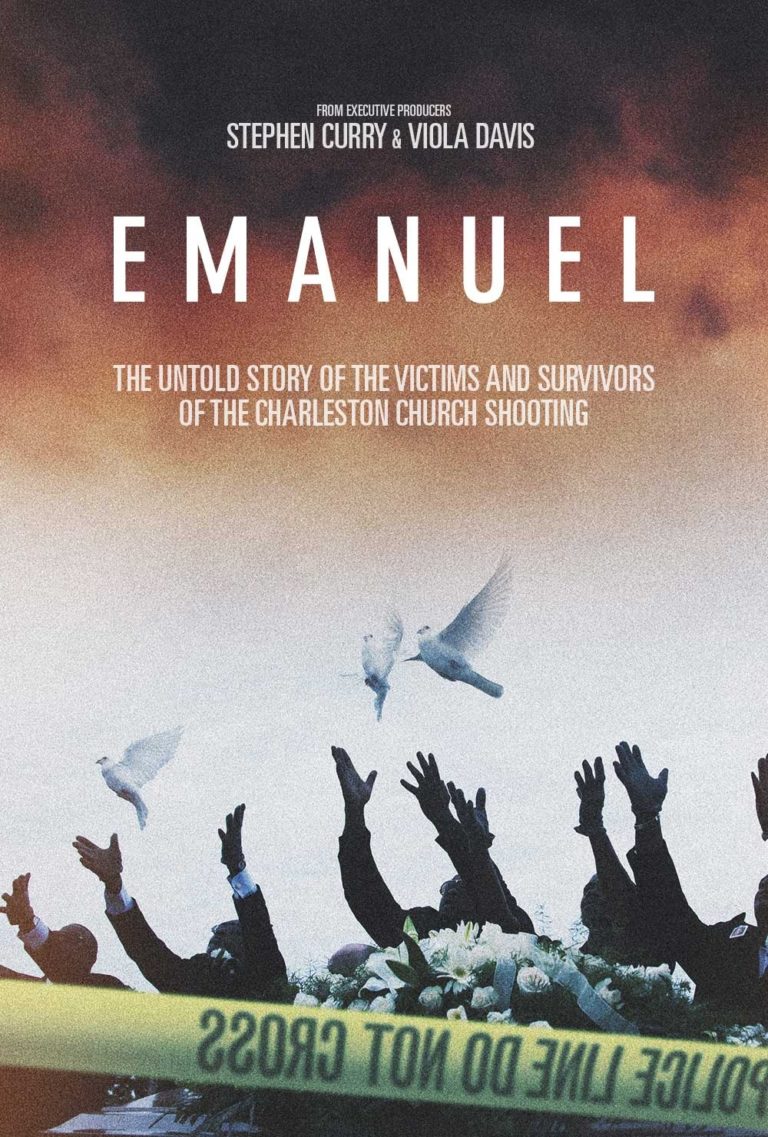“Forgiveness in the Face of Evil Is Powerful”
What You Need To Know:
EMANUEL is a documentary about real-life events on June 17, 2015 when a gunman opened fire during a prayer meeting at the Mother Emanuel AME Church in Charleston, South Carolina, murdering nine black people. The filmmakers follow the stories of four victims and survivors affected by the mass shooting. Some choose to forgive while others can’t because they feel that forgiveness doesn’t allow enough margin for a conversation about oppression. The movie ties in Charleston’s history and the value that Christian faith and the church has played in the face of racism and injustice.
EMANUEL is beautifully made. The subject matter is somber, but the filmmakers do a superb job depicting the tragedy in a way that’s respectful to the victims. Viewers are left to develop their own conclusions about the events on screen, and the value that forgiveness plays in light of such horrific incidents. EMANUEL is informative and gut-wrenching. It reminds viewers that evil is still present and unacceptable. Mature elements in EMANUEL, such as references to slavery, oppression and mass death, merit some caution, especially for younger and older children.
Content:
Very strong Christian, biblical, moral; worldview includes a rainbow is depicted over a church steeple, as are hearing God’s voice, responding to the call to be a preacher, protecting those in harm’s way, love for family and one’s spouse, sacrifice, forgiveness granted, references to the value of repentance and confession of one’s sins, references to the power of Scripture, prayer depicted, cross shown, b-roll shots and interviews inside a church, Jesus Christ’s sacrifice on the Cross is honored as an act of love and forgiveness, one woman recounts the Gospel of Jesus, references to victory over evil, and President Obama leads the singing of the Christian hymn “Amazing Grace”
No foul language
Strong violence includes mention of a slave getting executed and burning churches but that isn’t shown, a slave seen in a muzzle, boy points gun in backyard and shoots for practice, photographs of dead African Americans during slavery times, Walter Scott shooting depicted where white police offer shoots an black man five times in the back, in one scene policemen have gun pulled out to be cautious but no one gets shot, The Rev. Martin Luther King, Jr., is seen lying in his casket
No sexual content
Upper male nudity in one scene
No alcohol use
No smoking or drugs; and,
Mentions of a long history of slavery, bigotry, hate crimes and racism discussed but not in a way that glorifies but prompts viewers to view them as injustice, racist murderer is seen standing over his own Nazi-like emblem.
More Detail:
At the beginning of the movie, filmmakers take a moment to let the interviewees recount Charleston’s past with African American slavery. Out of the oppression, African Americans found solace in the church because they felt that they could worship God without interference from white people, yet many whites felt that the African American religious practices around church threatened the stability of slavery and posed a great threat.
Next, the movie focuses on the shooting at the church in 2015 and its ripple effects. Twenty-one-year-old Dylann Roof felt strongly that white people were getting a bad reputation and so gunned down nine people at the church and fled the scene.
The remainder of EMANUEL has interviews with the survivors about their very raw emotions about that day. Some choose to forgive while others can’t and feel that forgiveness didn’t allow enough margin for a conversation about oppression. Ultimately, viewers are left to come to their own conclusion about the events on screen and the value that forgiveness plays in light of such horrific moments as this one.
EMANUEL follows a typical documentary style with interviews, flashback footage and beautiful scenic shots of Charleston. EMANUEL is a beautifully made documentary. Although the subject matter is somber, the filmmakers do a superb job of depicting the tragedy in a way that respects anyone who was involved. EMANUEL is informative and gut-wrenching and should be seen by teenagers and adults to remind them that evil is still present but ultimately not as powerful as forgiveness. However, mature elements like slavery, oppression and mass death merit some caution for viewers, especially younger and older children.


 - Content:
- Content: 




